Of all the things addiction takes from the human spirit, most devastating of all is the loss of free will.
Handing ourselves over to the tyrannical rule of the addict within results in a soul-chilling condition: complete absence of personal power.
No one has perfect control over themselves, and that’s ok. But in our intact state we normally have what is called “executive functioning”, which means that we can use our heads to decide what is best.
Addiction takes away the executive function and rules us from the bottom up. Over time, we take on the form of a chaos of instincts rather than a coherent living organism with choice and meaning.
The shame and guilt of having no self-control – being too gluttonous, too self-indulgent, going too far, wanting too much, not being able to say no – is a signature experience of the addict.
It is very debilitating not to be able to rely on one’s own will to make good choices. It’s embarrassing, at times humiliating, and it erodes self-respect. Not liking ourselves, we have even more of a reason to avoid ourselves through addiction.
But we can be released from excessive self-reproach through understanding that it’s not personal; addiction just is what it is. It’s an illness that targets willpower.
Treatment programs and recovery programs typically emphasize that to get anywhere in recovery, we must begin with recognizing the impairment of our will that has taken place without our realizing it. The addict within hides the facts of addiction from us, so that we did not see ourselves clearly. Even though no one likes to realize such a thing, there is a curious freedom on the other side of it.
The silver lining of the loss of willpower is that we realize it no longer makes sense to blame and condemn ourselves. During the addiction we have to constantly struggle with ourselves – we fight, shame and blame ourselves, make up excuses, set intentions only to break them again. This is so dispiriting!
In recovery, we can set aside this whole dehumanizing pattern and recognize that like it or not, we have lost the executive ability of the brain to override our thoughts and impulses.
In the state of surrender which recovery requires, we are arguably better off than if we had managed to keep our willpower intact. Recovery demands that something else other than the ego, something besides the “the little me” personality (Eckhart Tolle’s way of putting it) has to take charge here.
The beauty of this is that the ego is really no fun, so in the end it’s a blessing to have it cracked away by recovery. The ego isn’t good or bad per se – what it is is an answer to pain, a collection of defenses and ways of separating ourselves from others psychologically so that we don’t have to constantly experience overwhelming feelings. It’s a patch, a band aid, a hack. It keeps us together for a while, but life under the ego is not the same thing as a fulfilling, joyful, meaningful, creative, or connected life.
The choice that addiction really takes from us is the option of living egoically only. What recovery shows us is that there is an alternative to living in the solitary confinement of ego – we can learn to rely on benevolent presence, higher forces, unity consciousness to help us navigate.
Within an overall surrender to higher intelligence (which I believe is our own, and is found deep within us at the collective, unified level, as well as out there all around us), we can have preferences. We can collaborate. We can say “I vote we do this”.
But it remains wise to say, “If that is in alignment with the best good of all” or to add on a quick “Your will, not mine”.
There is still a part within me that does not want to yield control, nor admit she’s not really the best one to decide. That’s my ego, and just because I fired her from the executive role, it doesn’t mean I don’t have compassion. Of course she wants to be in charge. We all would like to have potency, agency and influence. I acknowledge it’s ok that she wants it.
But I still choose to say, “I hear you, but let’s just run this up the flagpole first & see what Unity says.” I do that because I have found out the long, hard, un-fun way, what happens if I don’t. And I have found out the long, hard, un-fun way, the kind of pleasure, fulfillment, and lovely creative surprise that can happen if I do.

